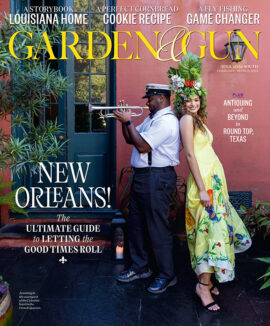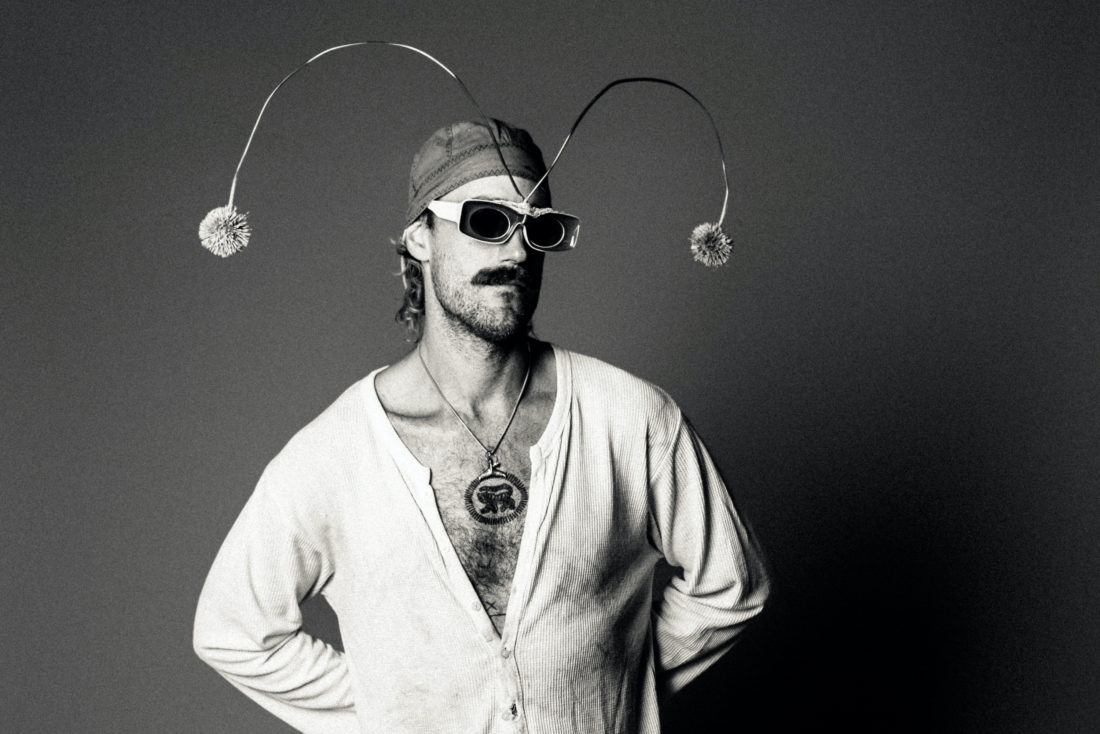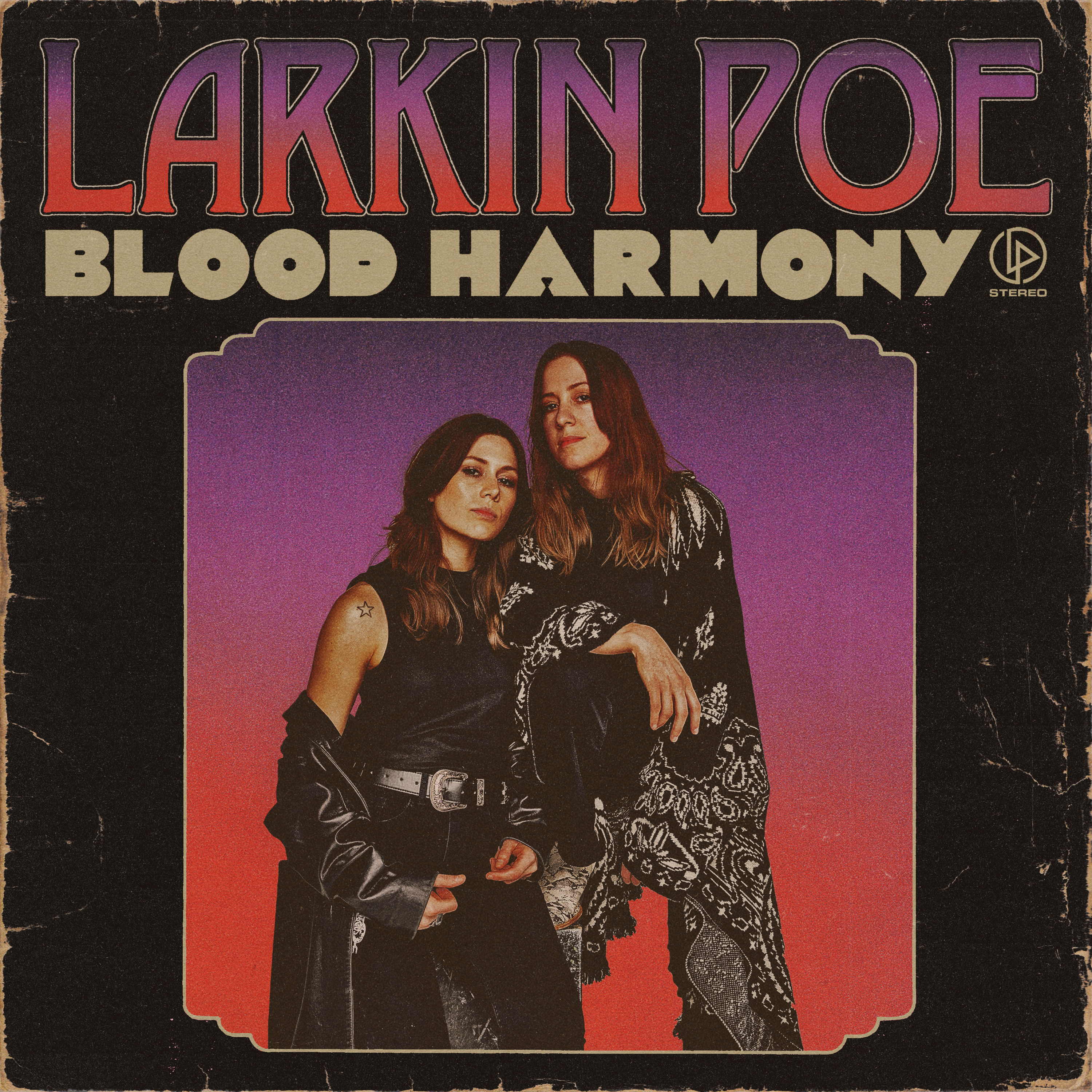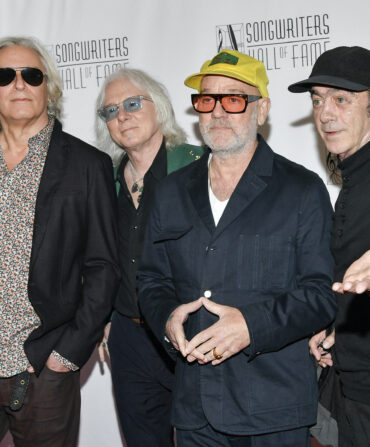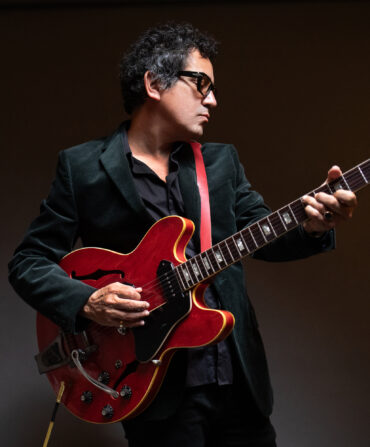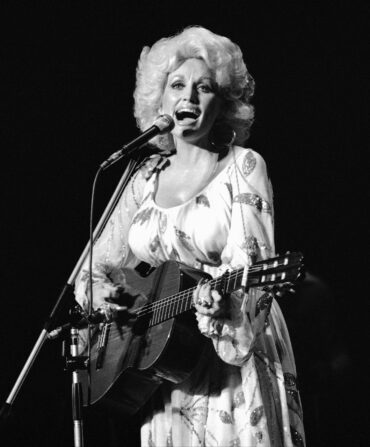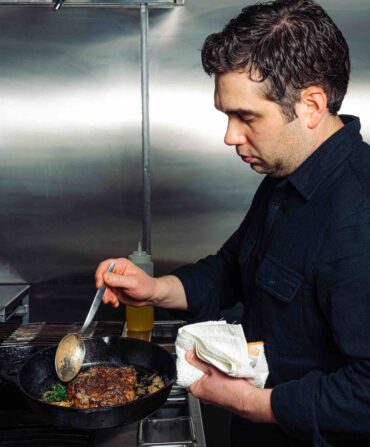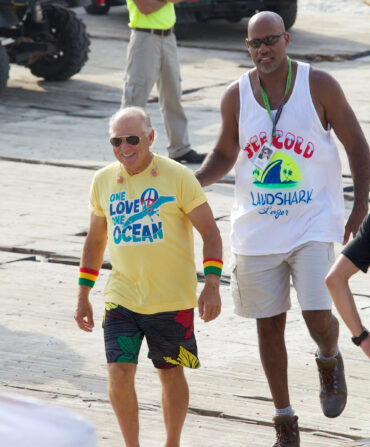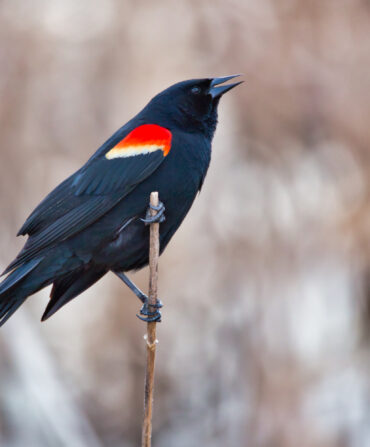Rayland Baxter doesn’t mind being alone. While recording his new album, If I Were a Butterfly, he spent almost a year mostly by himself at Thunder Sound, a Kentucky rubber band factory turned recording studio, interrupted occasionally by the appearance of the sound engineer, who was teaching him to use some recording software. Baxter would take long walks in the woods with his miniature Australian shepherd, Hippy. He rode dirt bikes and sat outside at night listening to the frogs. And every day he thought about his dad.
His father, the late Bucky Baxter, was a highly regarded pedal steel guitar player. He was a member of Steve Earle’s backing band, the Dukes, and toured with Bob Dylan in the mid-nineties. Baxter recalls having a vivid dream about his dad in May 2020. He woke up in a panic and reached for his phone, and there was a text from his father’s wife—Baxter’s parents divorced when he was young—asking him to call her immediately. Bucky had passed away suddenly. “He died at 3:30 a.m., right in the middle of my dream,” Baxter says quietly. “He was my mentor in everything I did—how to set up a tent, how to play the guitar, how to stand onstage, and how to navigate adult life.”
The shock of his dad’s death sent him reeling. A Nashville singer-songwriter, Baxter had been working on a ton of songs after the release of his third album, 2018’s Wide Awake, a breakthrough that saw him pushing his sound to new creative heights. But before his self-imposed seclusion, he scrapped nearly everything and started from scratch. The result is a daring and deeply moving rumination on gut-punch loss, love, and the search for transcendence.
The familial ties come right at the start of If I Were a Butterfly as the title track opens with clips of Baxter and his sister, Brooke, singing as kids. “Rubberband Man” sparkles with his love of late-Beatles psychedelic pop, with friends Nick Bockrath of Cage the Elephant and Shakey Graves peeling off sizzling guitar parts. “Tadpole” is a touching piano ballad about growing up in Old Hickory, Tennessee, just outside Nashville, pairing the sweet (launching toy airplanes) with the devastating (being home alone when a neighbor commits suicide). “It’s my favorite song on the record,” he says.
The thirty-nine-year-old Baxter is a tinkerer, whether fiddling with his dirt bikes, woodworking, or adding sounds to the glorious mess of the album highlight “Billy Goat.” The track layers multiple vocal parts over a crunchy funk groove and swirling guitars in a sonic free-for-all that’s as catchy as it is dizzying.
“Rayland is a king of chaos who simultaneously knows exactly what he wants out of his craft and strives to achieve it any way he can,” says Alejandro Rose-Garcia, a.k.a. Shakey Graves. “He has been working like a wild man and has created a whole new sonic world for his mind to occupy. It’s his most complex and challenging music to date, and it’s encouraged me to take my own brave steps forward into the sounds I hear.”
Baxter attended Loyola University Maryland to play lacrosse before blowing out his knee his freshman year. He was expelled the next year for getting into a fight and was fumbling around Baltimore when his dad gave him a guitar. He had played around a little with guitar since childhood but now dove in, moving to Colorado to work as a snowboarding instructor while performing at open mic nights. Soon after, he returned to Nashville. “I think my dad thought that the guitar would give me some focus,” he says. “I kind of accidentally committed to it. When I got back to Nashville, I was mowing grass for my dad’s friends, selling weed, and barely scraping by, but writing songs nonstop.”
Since then, Baxter has become an undeniable creative force in the Nashville music scene, unafraid to dabble in whatever moves him. He’s often tagged as “eccentric,” though he’s not entirely sure what that means. “What does it mean to you?” he asks. I tell him it means confidence, being comfortable doing what you want to, no matter how unconventional. He ponders for a moment. “I mean, I’ve always tried to live in dreamland since I was a kid,” he says. “Being an oddball and outside of the societal norms [helps me] make music with no borders. That’s all I’m trying to do.”

